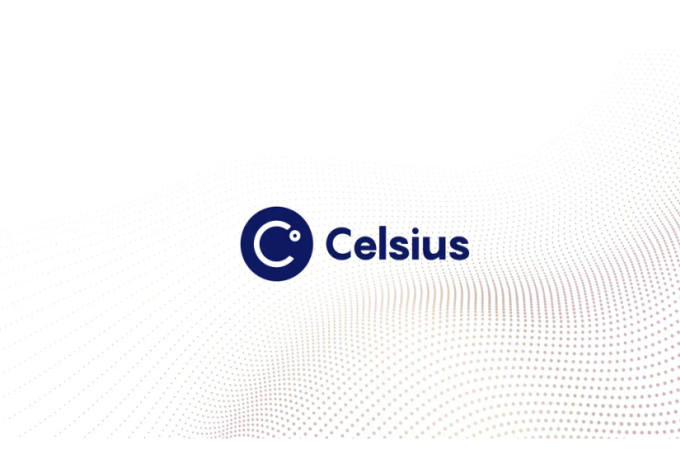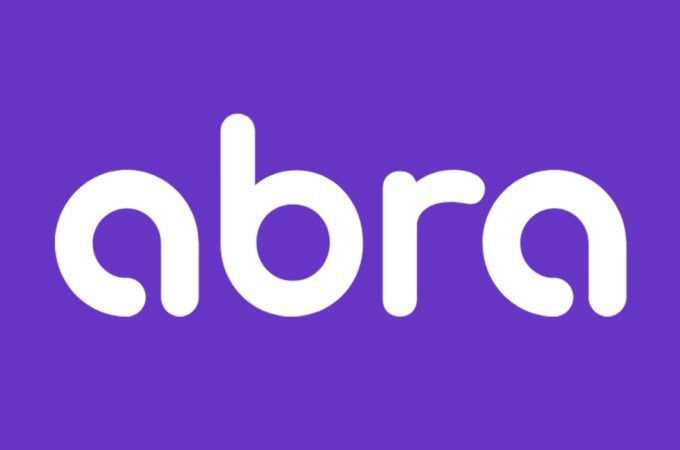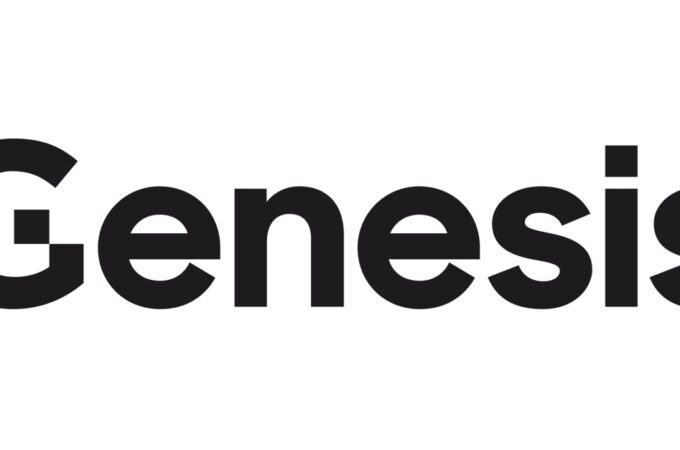
KYC For Business Loans: An In-Depth Guide
One of the ways for institutions to fight against financial losses is to limit the creation of unnamed bank accounts and track suspicious banking activity. Economic losses from fraud and laundering caused more financial business organizations to implement the know your customer (KYC) process. The article will tackle how KYC works for lenders and customers and the requirements for a business loan.
What Is KYC?
Financial organizations lending to the public must practice KYC to verify information offered by borrowers during a business loan application. It helps businesses validate who the customers say they are to protect the lender’s interest. They can learn more about the identity and intentions of customers opening accounts by monitoring transaction patterns. Complying with KYC regulations prevents financial terrorism, money laundering, and other schemes.
Compliance is also how one can tell the difference between secured vs unsecured small business loans. Secured loans are provided by banks and lenders wherein customers must offer collateral in case they default on payment. It can be a vehicle, equipment, or the like. Institutions are more likely to perform strict due diligence to get the information they need from the borrower during the application.
Unsecured loans are loan products for which borrowers can apply without collateral and only need the customer’s signature. Examples of these loans are online and alternative lending that remain open to individuals who cannot meet standard requirements or don’t have the creditworthiness that banks and conventional lenders need. Alternative lenders become open to management risks because they don’t have the experience of banks and often struggle with KYC. As a result, online lending businesses risk investigations and penalties.
KYC And AML
The U.S. Financial Crimes Enforcement Network (FinCEN) requires customers and financial institutions to comply with KYC standards and regulations. It’s an effort to prevent money laundering and other illegal activities. It’s a measure for compliance of both the lenders and borrowers.
Developing customer relationships and creating a risk profile must be clear to financial institutions. It’s imperative to have benchmarks for detecting potential dangers through suspicious activities. Those in the lending business must have a system of retaining accurate and current customer data and strictly monitor accounts to spot illegal activities. They must report immediately once unlawful activities are detected.

KYC Implementation
Financial institutions that don’t comply with KYC standards can face fines, reputation damage, and sanctions. You can be seen as enabling economic terrorism or money laundering.
The following elements are required for an efficient KYC program:
1. Customer Identification Program (CIP)
The CIP was provisioned by the Patriot Act to limit terrorism funding, laundering, and other criminal activity. It’s mandatory for a customer to provide identity details for verification purposes. Customers must provide their names, dates of birth, addresses, and identification numbers.
The business must then verify the information within a given timeframe. The procedure can include the submission of documents and methods that don’t need paperwork, like comparing customer information with reporting agencies.
Banks and traditional lenders would ask for requirements from business loan applicants. Here are some of them:
- Bank statements
- Business licenses and permits
- Proof of collateral
- Personal and business tax returns
- Employee Identification Number
- Balance Sheet
- Commercial Lease copy
- Legal contracts and agreements
- Driver’s License
- Incorporation documents
- Business insurance plans
- Payroll Records
- Business plan
2. Customer Due Diligence (CDD)
Establishments use CDD to gather and assess vital information about the customer. The process enables them to determine the potential risks attached to the borrower. They utilize various databases to compare the information. These can include the following:
- Third-party database
- Public data sources such as company listings
- Territory or government lists of sanctions
- Customers who must provide specific information to deal with lenders
Customer due diligence is a part of KYC standards and may vary from one country to another.
3. Continuous Monitoring
It’s essential to monitor each customer continuously. Institutions must have measures in place to track customers. Included in the continuous tracking of activities are financial transactions and accounts. Tracking is based on risk benchmarks on the borrower’s risk profile. Lenders may track the following:
- People included in the list of sanctions
- Activity spikes
- Activities occurring past the border
- Mentions in the media
A Suspicious Activity Report may be filed if there are unusual activities on the borrower’s part. Institutions also use periodic reviews of accounts and related risks through the following:
- They check if the accounts are updated.
- If the purpose of the account matches the type and transaction amount
- If the transaction amounts are appropriate to the risk level
Lenders use risk-based assessment as the benchmark for monitoring transactions. Banks and traditional lenders must implement KYC to ensure they can’t be used for illegal activities. It’s also to help ensure that they’ll only be releasing funds to legitimate businesses or honest individuals.
In Conclusion
Know Your Customer is a process that verifies the information given by customers who want to engage in a financial transaction, like a business loan application. The FinCEN must implement these measures using the customer identification program, customer due diligence, and continuous monitoring of customer accounts and activity. Banks and lenders must first ask for requirements and verify the identity of the loan applicant. At the same time, it helps prevent criminal activity.





